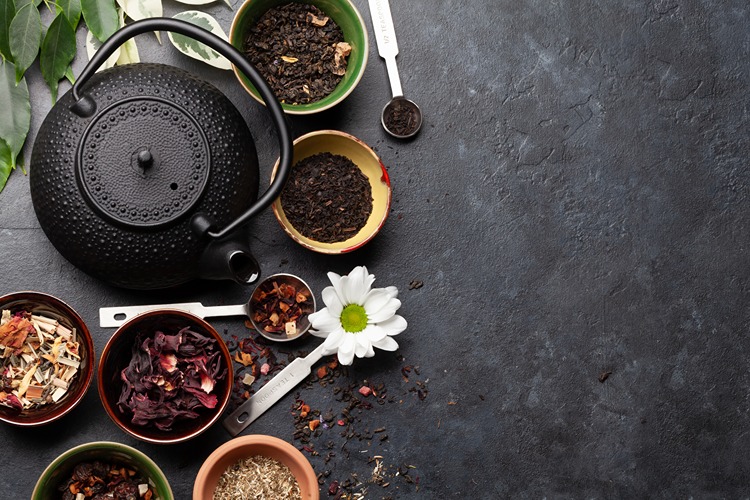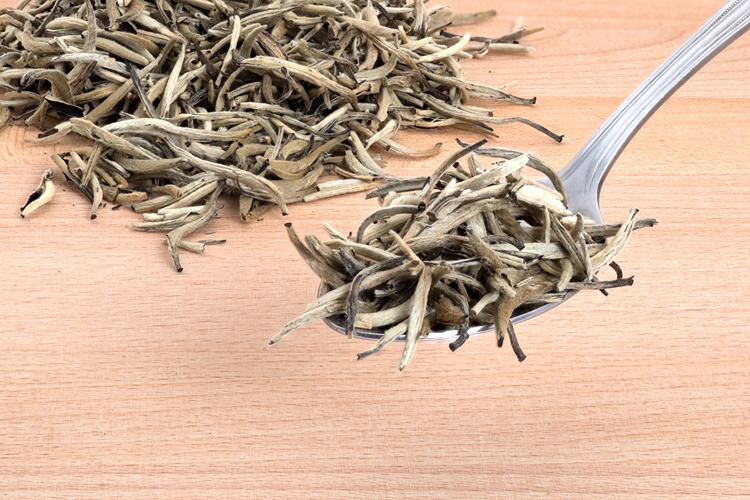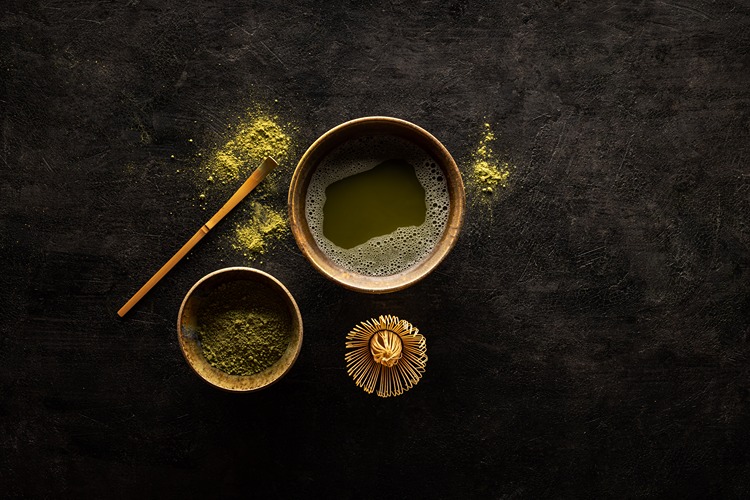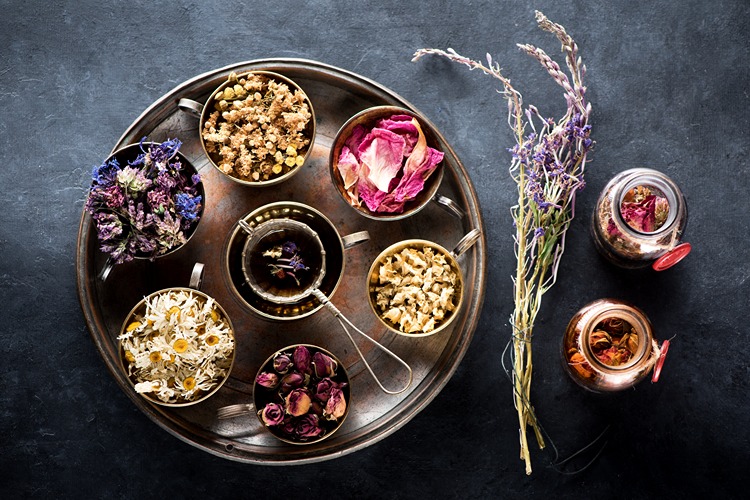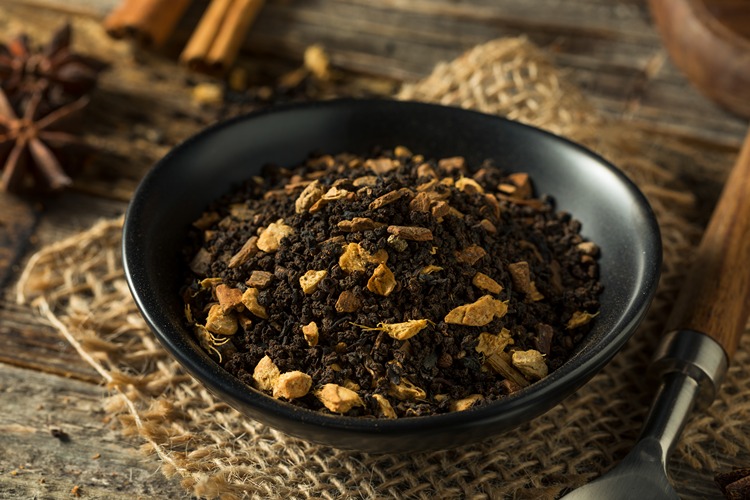Introduction of The Allure of Black Tea
In a world filled with a kaleidoscope of tea varieties, black tea stands out as a timeless classic. Its rich history, diverse Black Tea flavors, and potential health black tea benefits have made it a beloved black tea beverage across the globe. Join us on a journey through black tea the enchanting world of black tea, where tradition meets modernity, and each cup tells a story.
The Origins of Black Tea
Black tea, also known as “red tea” in China due to its deep, amber-red infusion, boasts an illustrious history that dates back over 4,000 years. Originating in ancient black tea China, legend has black tea it that Emperor Shen Nong discovered tea when tea leaves blew into a pot of boiling water he was preparing. Over time, the process of fermenting and oxidizing tea leaves to create black tea evolved, spreading throughout Asia and eventually reaching Europe in the 17th century. Today, black tea is produced in many countries, including China, India, Sri Lanka, and Kenya.
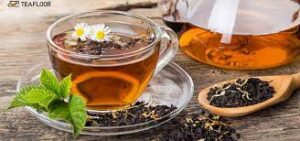
Diverse Flavors and Aromas
One of the most intriguing aspects of black tea is its wide range of Black Tea flavors and aromas. The flavor profile of black tea can vary greatly black tea depending on black tea factors such as the region of cultivation, processing methods, and the specific tea cultivar used. For example:
- Earthy and Robust: Assam tea from black tea India is known for its bold, malty flavor and is often used as the base for English breakfast tea.
- Floral and Delicate: Darjeeling tea, also from black tea India, is celebrated for its light and floral notes, often referred to as the “Champagne of teas.”
- Spicy and Full-Bodied: Yunnan black tea from China offers a unique flavor profile with hints of spice and chocolate.
- Fruity and Sweet: Keemun tea, another Chinese black tea, has a sweet, fruity black tea taste with a slightly smoky undertone.
- Citrusy and Zesty: Ceylon tea from Sri Lanka is prized for its bright, citrusy flavors.
Brewing and Enjoying Black Tea
Brewing the perfect cup of black tea is both an art and a science. It begins with selecting high-quality tea leaves and using freshly boiled water, typically at black tea around 200°F (93°C). The steeping time varies depending on the black tea type of black tea but black tea generally falls between 3 to 5 minutes. Over-steeping can lead to bitterness, so it’s essential to find the right balance.
Black tea can be enjoyed black tea plain or with a touch of black tea milk, honey, or a slice of lemon, depending on black tea personal preference. Its versatility makes it suitable for various occasions, from a morning pick-me-up to a soothing afternoon break.
Health Benefits of Black Tea
Beyond its delightful taste and black tea aroma, black tea offers black tea several potential health benefits:
- Antioxidant Power: Black tea is rich in black tea antioxidants like theaflavins and thearubigins, which can help combat free radicals in black tea the body.
- Heart Health: Regular consumption of black tea has been associated with a reduced risk of heart disease, thanks to its ability to improve black tea cholesterol black tea levels black tea and lower blood pressure.
- Digestive Aid: Black tea may aid black tea digestion and help soothe an upset stomach.
- Mental Alertness: Its moderate black tea caffeine content black tea provides a gentle energy boost, enhancing mental alertness and black tea concentration.
- Immune Support: The presence of tannins in black tea black tea may strengthen the black tea immune system and ward off infections.
Exploring the Pros and Cons of Black Tea
Black tea, often referred to as “red tea” in China due to its deep color, is a beloved beverage enjoyed by millions around the world. This article takes a closer look at the pros and cons of black tea, shedding light on its various aspects.

Pros of Black Tea:
- Rich in Antioxidants: Black tea is packed with antioxidants like theaflavins and thearubigins, which can help protect cells from damage caused by free radicals.
- Heart Health: Studies suggest that regular consumption of black tea may contribute to improved heart health by reducing the risk of heart disease and lowering blood pressure.
- Digestive Aid: Black tea contains tannins that can help soothe digestive issues, making it an excellent choice after a heavy meal.
- Mental Alertness: With a moderate caffeine content, black tea can provide a gentle energy boost, enhancing mental alertness and concentration without the jitters often associated with coffee.
- Immune Support: Some compounds in black tea may strengthen the immune system, potentially helping the body ward off infections.
Cons of Black Tea:
- Caffeine Content: While moderate caffeine can be a pro for some, it can be a con for others, especially those who are sensitive to caffeine. Excessive consumption can lead to sleep disturbances, jitters, and increased heart rate.
- Stains on Teeth: The tannins in black tea can contribute to teeth staining over time. Regular oral hygiene practices can help mitigate this issue.
- Iron Absorption: Black tea can inhibit the absorption of non-heme iron from plant-based foods. If you have iron deficiency anemia, it’s advisable to consume black tea in moderation and separate from iron-rich meals.
- Potential for Heartburn: For some individuals, black tea may trigger acid reflux or heartburn due to its caffeine and tannin content.
- Additives and Calories: Adding sugar, milk, or other calorie-laden ingredients can negate some of the health benefits of black tea. It’s important to be mindful of what you add to your tea.
In conclusion, black tea offers a range of potential health benefits, from antioxidants to heart health support. However, it’s essential to consume it in moderation and be mindful of its caffeine content, especially if you have sensitivities. As with any dietary choice, balance and moderation are key to enjoying the pros of black tea while minimizing the cons.
Conclusion
Black tea’s enduring black tea appeal lies in its rich history, diverse black tea flavors, and potential health benefits. Whether you black tea savor black tea it for black tea its soothing properties, enjoy its black tea myriad of flavors, or appreciate its cultural black tea significance, black tea remains an evergreen favorite in the world of beverages. So, brew a cup, take a sip, and let black tea’s timeless charm transport you to a world black tea of taste and tradition.
Frequently Asked Questions About Black Tea
Black tea, with its rich black tea history and diverse black tea flavors, black tea is a beverage that has captivated black tea people around the world. If you have questions about black tea this beloved drink, you’re in the black tea right place. Below, black tea we’ve compiled a list of frequently asked questions about black tea to satisfy your curiosity.
1. What is black tea, and how is it different from other types of tea?
Black tea, also known as “red tea” in China, is a type black tea of tea made from the leaves of the Camellia sinensis plant. What sets black tea apart is its level of oxidation. It black tea undergoes full oxidation, giving it a dark color, robust flavor, and strong aroma. In contrast, green tea and white tea are less oxidized, resulting in milder flavors and lighter colors.
2. Where is black tea produced?
Black tea is produced black tea in various countries black tea around the black tea world. Some of the major black tea-producing regions include black tea China, India, Sri Lanka (formerly Ceylon), Kenya, and Taiwan. Each region imparts unique flavors and characteristics to the tea due to differences in climate, soil, and processing methods.
3. What are the health benefits of drinking black tea?
Black tea is packed with antioxidants, including black tea theaflavins and thearubigins, which can help combat oxidative stress black tea in the body. It has been associated with black tea various health benefits, including improved heart health, digestion, and mental alertness. Regular consumption may also support the immune system and offer protection against certain chronic diseases.
4. How do I brew the perfect cup of black tea?
Brewing black tea requires black tea attention to detail. Start by using high-quality tea leaves and fresh, boiling water. The black tea steeping time and temperature can vary depending on the black tea type of black tea, but a general guideline is to steep for 3 to 5 minutes at around 200°F (93°C). Be cautious not to over-steep, as this can result in bitterness. You can enjoy black tea plain or with additions black tea like milk, honey, or lemon, depending on your taste.
5. Does black tea contain caffeine?
Yes, black tea contains caffeine, black tea although the amount can black tea vary depending on factors such as the tea type and how it’s brewed. On average, an 8-ounce (240 ml) cup of black tea contains around 40-70 milligrams black tea of caffeine, which is about half the black tea caffeine content black tea of a cup of coffee. If you’re looking for a moderate caffeine boost, black tea is a good choice.
6. Are there different types of black tea?
Yes, there are numerous varieties of black tea, each with its black tea own distinct flavors black tea and characteristics. Some well-known black teas include Assam, Darjeeling, Keemun, and Ceylon, black tea among others. The flavor of black tea can range from earthy and black tea robust black tea to floral and delicate, depending black tea on factors such as the tea’s origin and processing.
7. Can black tea be enjoyed iced?
Absolutely! Black tea is a versatile black tea beverage that can be black tea enjoyed both hot and iced. To make iced black tea, brew it black tea a bit stronger than black tea usual, let it cool, and then pour it over ice. You can also add black tea sweeteners, black tea citrus, or fresh herbs to black tea create refreshing iced tea variations.
8. How should I store black tea to keep it fresh?
To maintain the black tea freshness and flavor black tea of your black tea, store black tea it in an airtight container away from direct sunlight, heat, and strong odors. The ideal storage temperature is a cool, dark place. Properly stored, black tea can retain its quality for up to a year or more.
Black tea’s enduring popularity black tea stems from its rich history and delightful flavors. Whether you’re a seasoned tea enthusiast or black tea just beginning to explore the world of black tea, black tea offers a wide array of options to suit your black tea palate and preferences. So, brew a cup, indulge in black tea its enticing aroma, and black tea savor the timeless charm of black tea.


